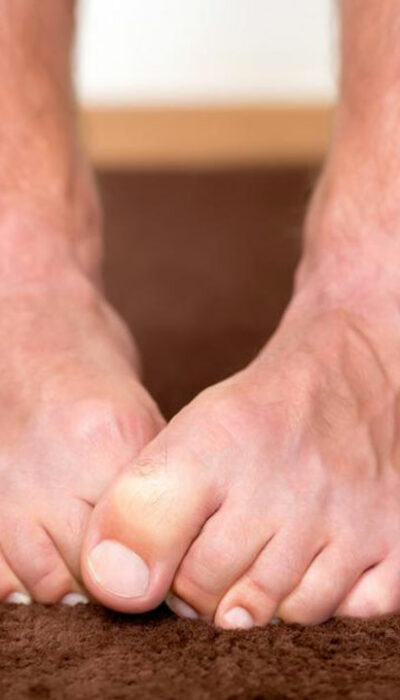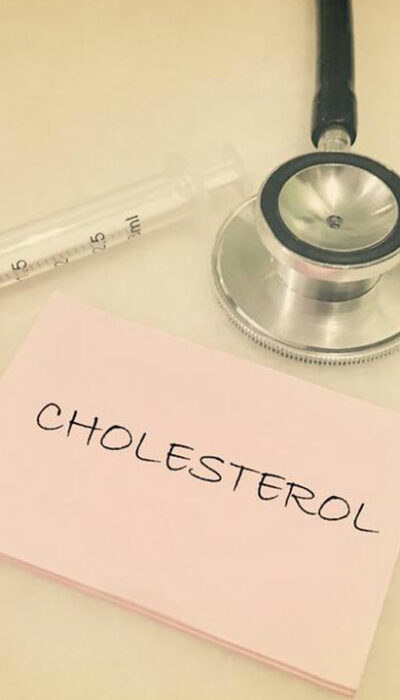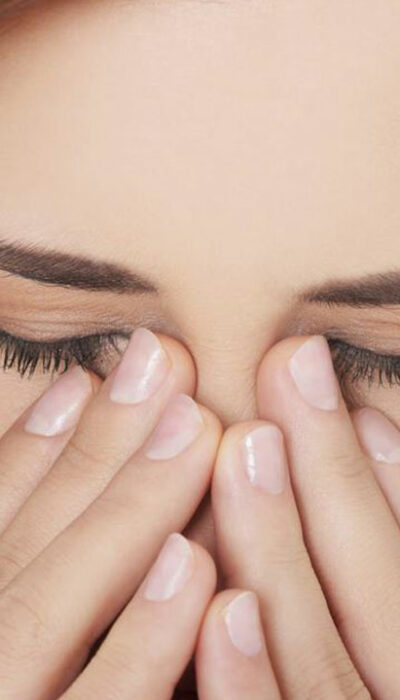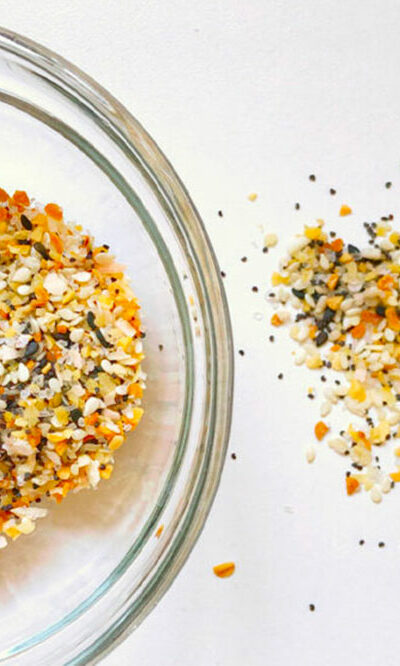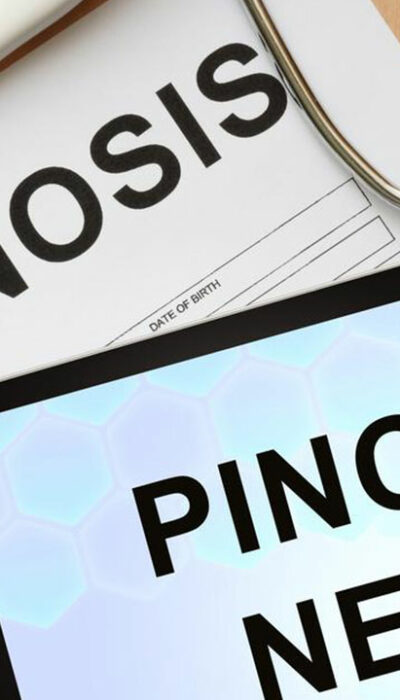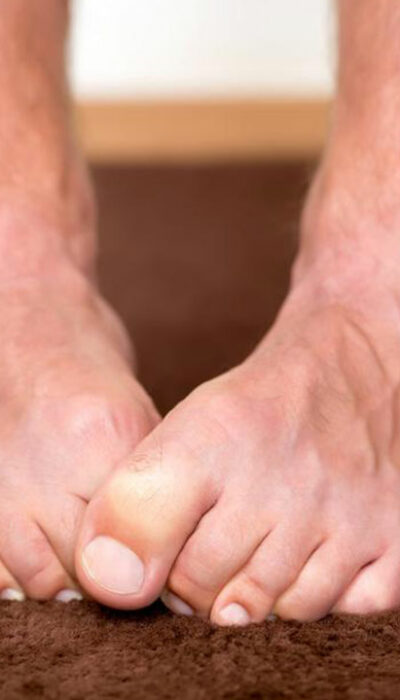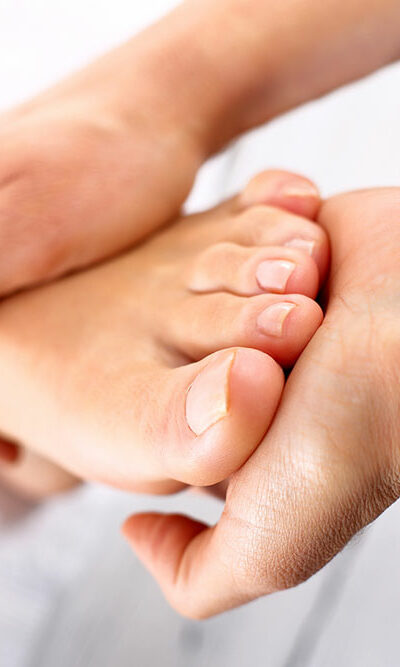
6 embarrassing questions to ask a gynecologist
Women must visit a gynecologist regularly to ensure their health and well-being. Although being open and frank during gynecological appointments is essential, some questions may be awkward or uncomfortable. Although by answering them, we hope to encourage women to prioritize their health and seek the care they need from gynecologists without hesitation. So, here are six questions that women may find embarrassing during a gynecological visit but should ask for better clarity. Is it necessary to reveal one’s sexual activity? One of the most common questions that can cause embarrassment is related to sexual activity. Gynecologists inquire about sexual activity to assess potential risks and ensure they offer the right advice regarding birth control, sexually transmitted infections (STIs), and any other concerns that may arise due to sexual activity. Answering honestly helps the gynecologist provide the most accurate diagnosis and appropriate treatment. Are there any issues with my menstrual cycle? Gynecologists may inquire about the regularity, length, and intensity of menstrual cycles to evaluate one’s overall reproductive health, potential hormonal imbalances, or underlying conditions. Is it normal to experience pain during sexual intercourse? The pain may sometimes result from infections, hormonal imbalances, vaginal dryness, or lack of lubrication due to nervousness. One can talk about ways to find better ways to alleviate the pain. Should I be worried about changes in my breasts? Changes in breast size, shape, or texture can indicate hormonal fluctuations, benign conditions, or, in rare cases, breast cancer. Is the odor or discharge normal? A strong vaginal odor or any discharge may, at times, be caused due to an infection or poor hygiene, but most bodily fluids are considered normal, and any changes in them may be due to lifestyle factors. Does libido get affected due to hormonal birth control? Hormonal birth control is usually designed to suppress ovulation, so there’s a possibility that it may affect one’s health.



